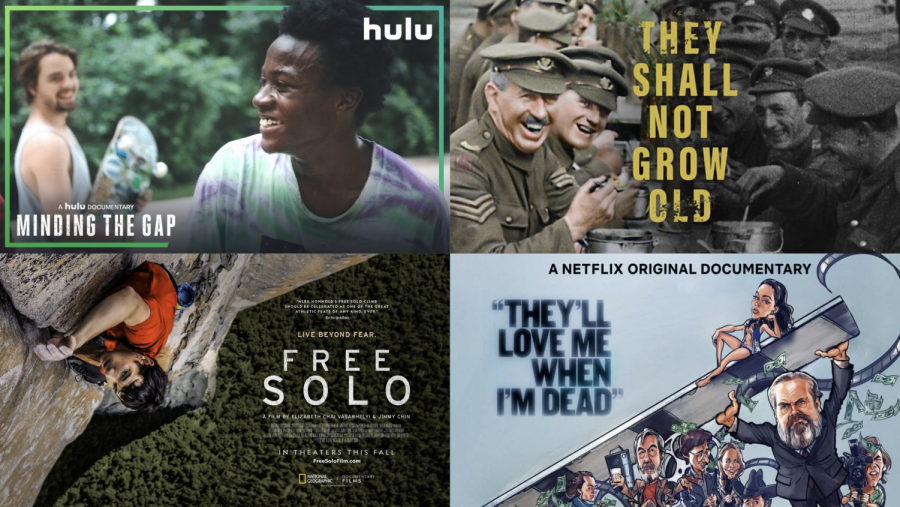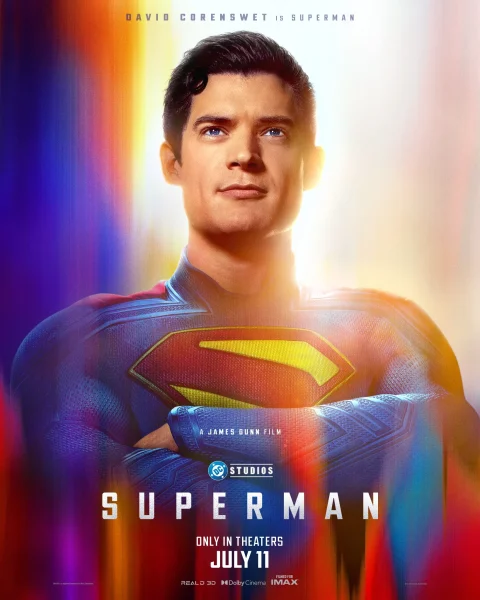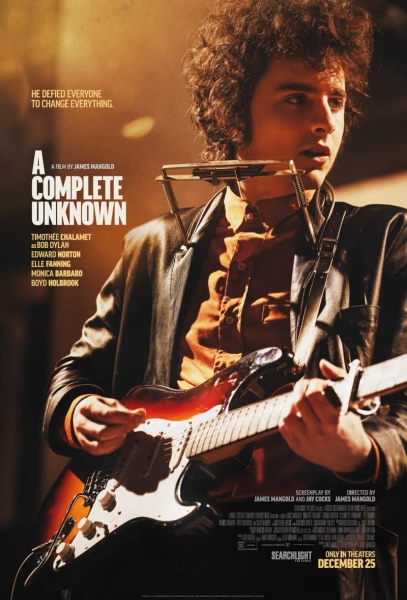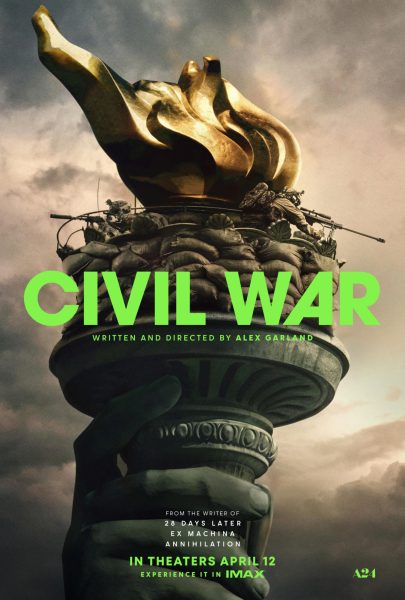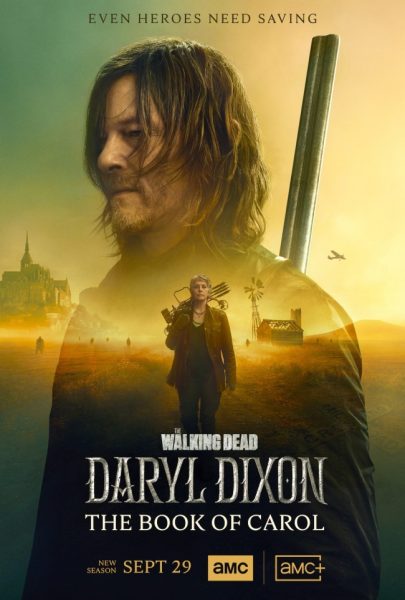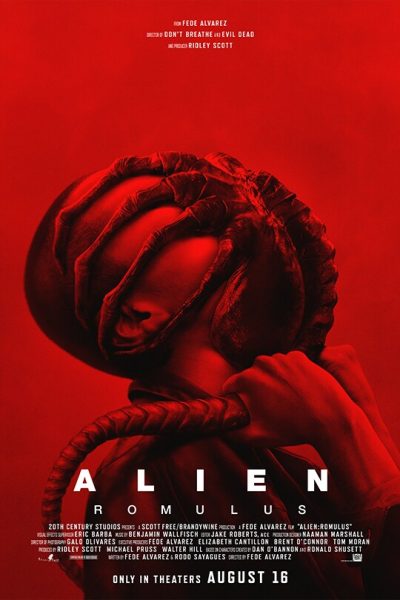Don’t Miss the Best Documentaries of 2018
Best 5 Documentaries of the Year
Documentaries are an essential form of storytelling in the world of film that, at their best, can act as brilliant eye-openers to the pitfalls of society in some realm, or at least tell a good story. Their beauty lies in their versatility and sense of immediacy, and their informative nature can be essential when done right. Like every year, 2018 was full of fascinating documentaries, so many that I couldn’t catch them all. Some notable misses include Monrovia, Indiana, Hale County This Morning, This Evening, Dead Souls, and Dominion. Two documentaries that unfortunately did not make the short list that I still thoroughly enjoyed were RBG and Won’t You Be My Neighbor, two great films about socially progressive icons with solid emotional cores. Anyways, here is the list:
Minding the Gap (Directed By: Bing Liu)
In his first ever film, director Bing Liu takes on an incredibly personal story about himself, his friends, and their struggles in Rockford, Illinois, where the American dream goes to die. On surface-level terms, the film is about the lives of friends Bing has made skateboarding and making videos while growing up in the area, but it is so much more than that. We delve deep into these young people’s lives, into their motivations, regrets, weaknesses, troubles, triumphs, and history of loss, including Bing himself. Child abuse, parental absence, destitution, and unbearable loss have plagued all of the characters in focus, and Bing brings to the screen the effects all of this can have, especially when where you’re from doesn’t do you any favors. Like any good filmmaker, Bing treats all of this without judgment, yet the struggles he has not to act as a friend rather than a filmmaker at times are palpable and heartbreaking. Because of the brilliance with which Bing portrays these people, the viewer cannot help but ooze with unrelenting empathy and emotional connection, through all of the ups and downs of their lives. Minding the Gap is a heartrending personal story about the failure of Americana on the lives of the subjects and the hundreds of Rockford, Illinois’s around the country, and it is a beautiful one at that.
Free Solo (Directed By: Jimmy Chin, Elizabeth Chai Vasarhelyi)
It is not often that I say this about a documentary, but it is essential to see this on as big of a screen as possible. Free Solo is about world-renowned climber and free soloist Alex Honnold as he prepares to scale a sheer 3,000-foot cliff in Yosemite known as El Capitan — without a rope or harness. If that sounds insane, it’s because it is, and because Alex Honnold might be (at least a little). A good portion of the film is a brutally honest portrayal of the life of Honnold leading up to this moment, from his daily social interactions to his unfortunately troubled childhood, all of which are made riveting by the very nature of the man himself and what he is set out to do. However, this film is by no means an idolization of some “great man.” The film covers the concerns and deepest fears of the camera crew and Honnold’s girlfriend, both of which are struggling with how to reconcile their own hesitations with the inhuman persistence of the man in question. None of this would succeed without the utterly enthralling and almost terrifying last 30 minutes of the film, which is one of the best sequences in a documentary that I’ve ever seen. Most of all, the film induces an overwhelming sense of wanderlust and impetus to go out there and achieve something.
They Shall Not Grow Old (Directed By: Peter Jackson)
The statistics of the World Wars can be terrifying. Millions of soldiers and civilians were killed or wounded in what has proven to be the most effectual event in modern history: World War I. Since statistics are just statistics, and humanity can often be lost in translation through numbers, it is essential that the soldiers, civilians, and everyone affected be humanized, and become a story rather than just a number. In Peter Jackson’s remarkable technological achievement, he does just that. With hundreds of hours of archived footage now over a hundred years old from the British Imperial War Museum paired with dozens of hours of interviews with British servicemen, Jackson set out to create what it was generally like to be a British soldier (or really any soldier) in The Great War. Through the use of new and innovative technology and hundreds of hours of painstaking work, Jackson and his team restored all of the footage, then filling it with the color and sound of the actual events. Instead of just silent, grainy black and white footage with strange frame rates and commentary from British soldiers (which was still undeniably interesting in its own right), Jackson allows his audience to see and hear the often hellish world these mean saw and heard every day. It is undoubtedly an astounding technological achievement and a riveting piece of cinema for any history buff or simply empathetic person.
They’ll Love Me When I’m Dead (Directed By: Morgan Neville)
Orson Welles is one of the most enigmatic figures in the history of American cinema. His first ever film was the timeless masterpiece Citizen Kane, a film that is often declared the greatest in the history of cinema. However, it ended up being an insurmountable mountain that Welles would never again be able to scale, and it cursed him until the end of his life. They’ll Love Me When I’m Dead covers the last fifteen years of the man’s life, where he pins all of his comeback hopes on the film The Other Side of the Wind, a film he never finished. The Other Side of the Wind was finally scraped together in 2018 and was released on Netflix to almost universal praise. It is a wild and radical film that is edited in a complex way that is often difficult to understand, yet in combination with this documentary, it is impossible not to see the beauty in the madness. The documentary is a brilliant character study of the larger-than-life figure and the downward spiral of bad luck and desperate filmmaking that lead to the eventual creation of this film. It is best as a companion piece to The Other Side of the Wind.
Shirkers (Directed By: Sandi Tan)
Shirkers is a wonderful little documentary about a potentially revolutionary film in the world of cinema in Singapore, and the story of its purposeful deletion from the annals of history. The story revolves around three girls in Singapore in the late 80s and early 90s as they accede into the tiny counter culture in Singapore at the time and eventually fall in love with film. Over the course of their journey, they meet Georges Cardona, a mysterious film teacher who befriends them and brags about apparent connections to the film industry and his own status within the film world. The girls embark on a passion project to create a revolutionary film for the cinematic world of Singapore and eventually have their dreams ruined by the man they grew to trust. Shirkers wears many hats throughout its runtime — an investigative piece, a reminiscence upon the better times, and so much more, and all to stunning effect. The film keeps you locked in throughout its just over 90-minute runtime, and by the end has you desperate for the completion of the now legendary lost film known as Shirkers.

PJ Knapke is a senior at Glenbard West and a Columnist this year for the newspaper. His focus on is on film-related content, particularly reviews. He is...
